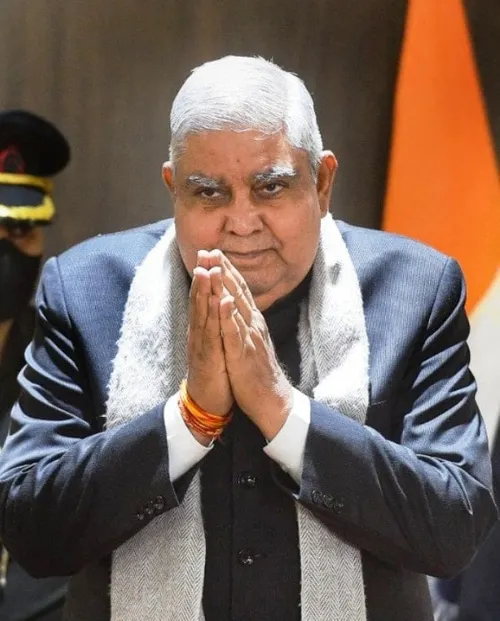‘Mojan’ or Wave in Arabic, an improved sorghum variety (ICSR 14001) developed by the ICRISAT, is literally making waves in Saudi Arabia.
A collaborative effort between the International Crops Research Institute for Semi Arid Tropics (ICRISAT), the Food and Agriculture Organisation (FAO), and Saudi Arabia is bringing in a transformative change in rainfed cereal farming with the adoption of ICSR 14001 sorghum.
ICRISAT’s mandate is to develop seed varieties for dryland areas across the world. Interestingly, it tied up with Sher-e-Kashmir University of Agriculture Sciences and Technology recently to develop a cold-tolerant sorghum varieties in Jammu and Kashmir. These varieties are expected to be released in 2025 and are tailored for high-altitude ecologies, benefiting smallholder farmers and livestock production.
For Saudi Arabia, the collaborative initiative identified nine improved forage and dual-purpose sorghum and pearl millet varieties, enhancing productivity and resilience in dryland agriculture, an ICRISAT official said.
Building on this momentum and deepening the impact of such innovations, a two-week study tour was organised in the third week of April to boost rainfed cereal production.
A delegation of researchers, extension agents, and farmers from Saudi Arabia visited ICRISAT’s campus in Hyderabad to strengthen knowledge exchange, explore cutting-edge agricultural technologies, and build capacity for dryland cereal cultivation — particularly sorghum, pearl millet, and sesame.
Saudi Arabian delegation reported that Mojan (ICSR 14001) had shown exceptional performance in field trials conducted in Jazan area.
“The variety consistently outshone local cultivars, delivering higher grain yields, superior grain quality, and enhanced biomass. With its impressive nutritional profile and proven ability to thrive in challenging climates across the Gulf and North Africa, ICSR 14001 is gaining recognition as a game-changer for the region’s dryland agriculture,” an ICRISAT statement said here on Wednesday, quoting the delegates.
Stanford Blade, Deputy Director-General (Research and Innovation of ICRISAT) said that the crop has a dual-purpose value.
“Beyond grain, its fodder value supports livelihoods in remote communities. The success of Mojan is a blueprint for transforming dryland agriculture, especially for countries in the Gulf and North Africa,” Blade said.
He noted that over 90 farmers have already received training in essential areas such as crop production and protection, soil health, irrigation management, and seed systems to facilitate further scaling.
Published on May 1, 2025
Anurag Dhole is a seasoned journalist and content writer with a passion for delivering timely, accurate, and engaging stories. With over 8 years of experience in digital media, she covers a wide range of topics—from breaking news and politics to business insights and cultural trends. Jane's writing style blends clarity with depth, aiming to inform and inspire readers in a fast-paced media landscape. When she’s not chasing stories, she’s likely reading investigative features or exploring local cafés for her next writing spot.





